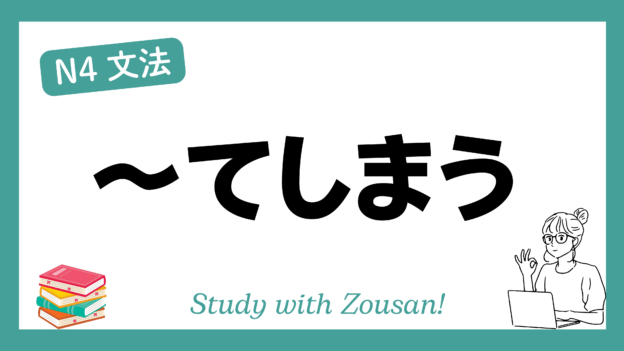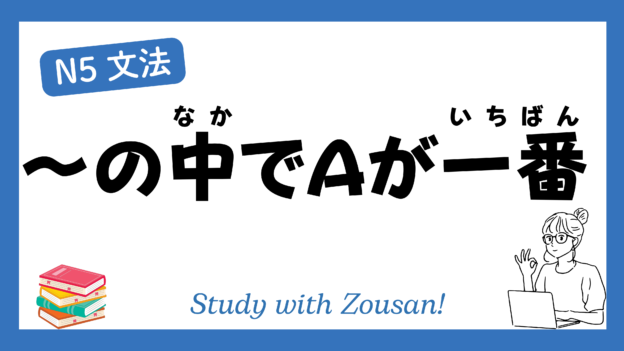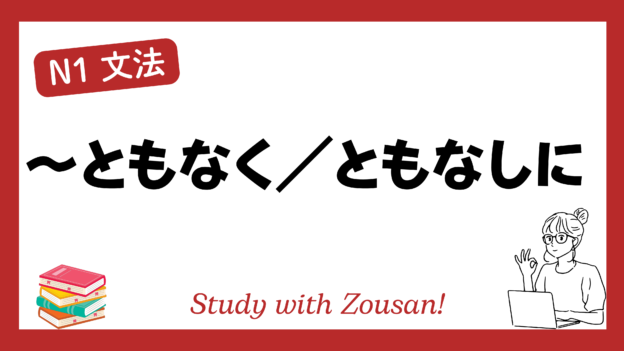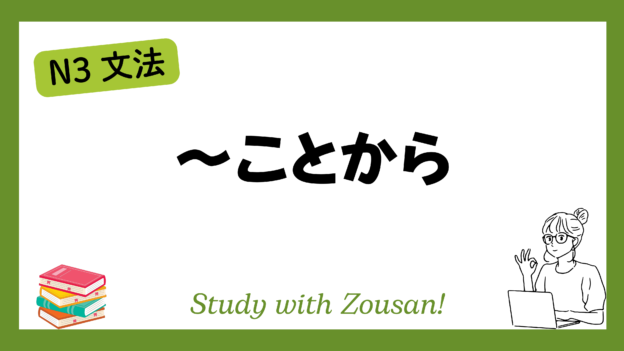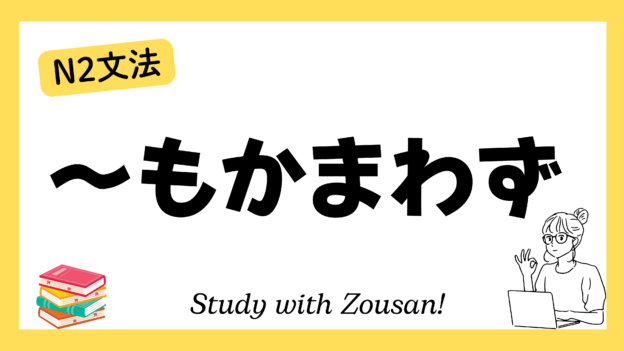N4文法:~てしまう/ちゃう
Meaning: “Accidentally… / Ended up… / Completely…”
~てしまう is used to express that an action has been completed with a sense of regret, unintentionality, or an undesired outcome. It can also emphasize that an action has been completed entirely. In casual speech, ~てしまう is often contracted to ~ちゃう (and ~でしまう to ~じゃう) to make the expression more conversational and natural.
※Note:
・~てしまう is used to convey regret or an unexpected situation.
・The contractions ~ちゃう / ~じゃう are commonly used in everyday conversation or among friends and should be avoided in formal settings.
Structure:
| Verb (て form) + | しまう しまいます しまった |
| Verb |
ちゃう ちゃった |
| Verb |
じゃう じゃった |
Example:
1. ~てしまう
-
-
-
-
🌟 財布をなくしてしまいました。
(さいふ を なくして しまいました)
I lost my wallet (unfortunately). -
🌟 宿題を忘れてしまった。
(しゅくだい を わすれて しまった)
I forgot my homework (and I regret it). -
🌟 電車が行ってしまった。
(でんしゃ が いって しまった)
The train has left (unfortunately). -
🌟 全部食べてしまいました。
(ぜんぶ たべて しまいました)
I ate everything (completely). -
🌟 大切な書類を破ってしまった。
(たいせつ な しょるい を やぶって しまった)
I tore an important document (unintentionally).
-
-
-
2. ~ちゃう / ~じゃう
-
-
-
-
🌟 お酒を飲みすぎちゃった。
(おさけ を のみすぎちゃった)
I drank too much (and I regret it). -
🌟 宿題を終わらせちゃおう。
(しゅくだい を おわらせちゃおう)
Let’s finish the homework (completely). -
🌟 電池が切れちゃった。
(でんち が きれちゃった)
The battery ran out (unfortunately). -
🌟 雨で服が濡れちゃった。
(あめ で ふく が ぬれちゃった)
My clothes got wet from the rain (and it’s unfortunate). -
🌟 うっかりしてコップを割っちゃった。
(うっかりして コップ を わっちゃった)
I carelessly broke the cup.
-
-
-



